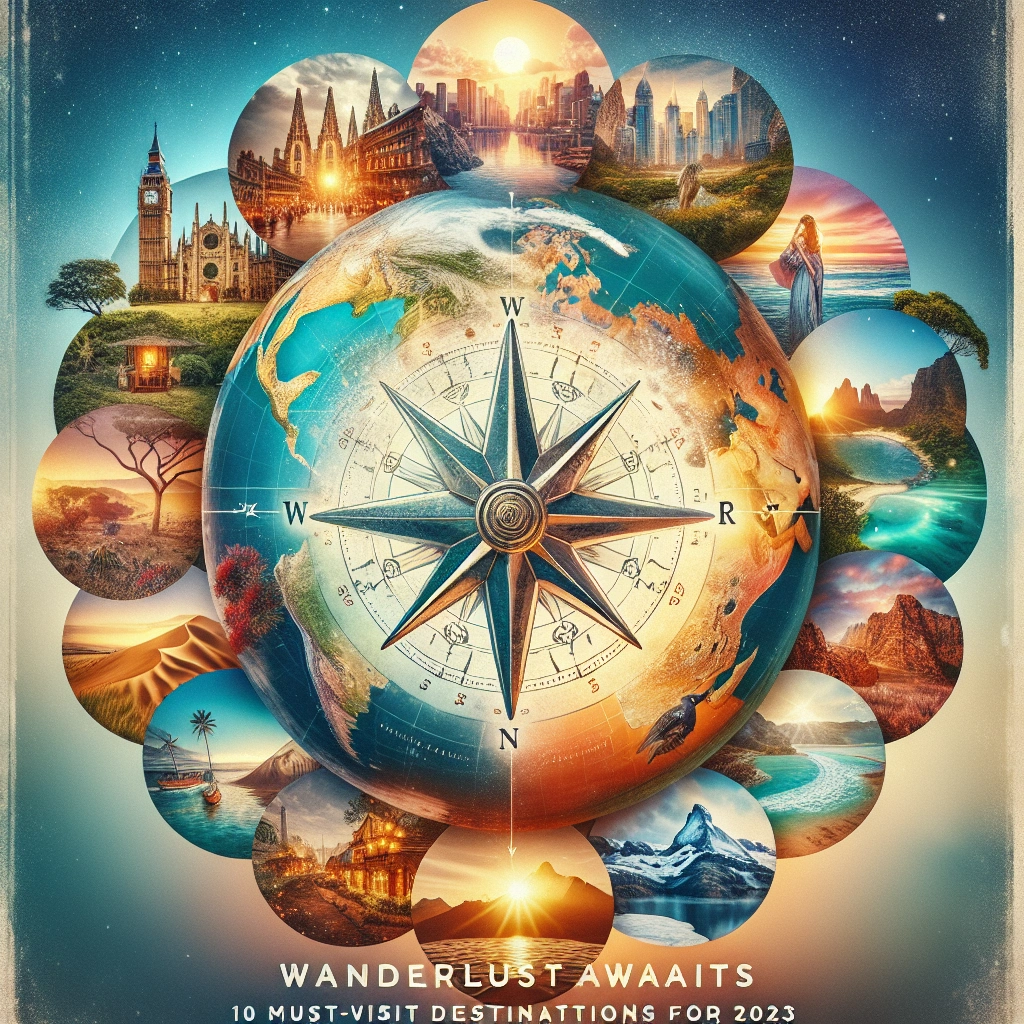Traveling is about more than just the places you visit; it’s about the experiences you share, the people you meet, and the memories you create. A travel journal serves as a personal time capsule, allowing you to document your adventures and reflect on your experiences long after your journey has concluded. If you’ve been inspired to start your own travel journal, here’s a comprehensive guide to get you started, along with tips to make it uniquely yours.
Documenting Experiences: A travel journal captures the essence of your travels in a way that photographs can’t. It records your thoughts, feelings, and insights, allowing you to revisit those moments in vivid detail.
Enhancing Appreciation: Taking the time to write about your experiences encourages you to slow down and appreciate the journey, making travel more meaningful.
Personal Growth: Reflecting on your travels can lead to personal insights and growth. It allows you to see how your perspectives on life, culture, and yourself evolve over time.
Before diving into writing, consider whether you prefer a physical journal or a digital option:
Make your journal your own. Add stickers, photographs, or drawings, or decorate the cover. This personal touch will make writing feel more special and encourage you to keep it up.
Set a routine for writing in your journal. Whether it’s daily, semi-weekly, or whenever inspiration strikes, consistency will help you cultivate the habit. Even a few sentences about your day can be meaningful.
Don’t just list the main events of your day; delve into the details. Describe the sights, sounds, smells, and feelings you experience. Paint a vivid picture for yourself to refer back to later.
Consider including more than just written entries. Add sketches, postcards, tickets, or even clippings. Creative elements can enrich your journal and keep it interesting.
Travel is all about connections. Make notes of conversations with locals, fellow travelers, or guides. Write about what they taught you or the unique perspectives they shared.
Document your feelings throughout your journey. Both the highs and the lows contribute to your travel narrative. Reflecting on challenges can lead to deeper insights about your experiences.
Outline your itinerary, but also jot down changes and spontaneous decisions you made along the way. Sometimes the best memories come from unexpected detours.
A travel journal is an invaluable tool for capturing the essence of your journeys. It provides a canvas for your thoughts, emotions, and experiences, helping you to reflect on both the places you visit and the person you become along the way. Whether you’re a seasoned traveler or embarking on your first adventure, starting a travel journal is a fulfilling endeavor that will deepen your connection to your travels and enrich your life for years to come. So grab that notebook or open up that app, and start capturing your journey!
 Capture the Journey: How to Start Your Own Travel Journal
Capture the Journey: How to Start Your Own Travel Journal Wanderlust in Words: How to Craft the Perfect Travel Diary
Wanderlust in Words: How to Craft the Perfect Travel Diary Wanderlust Chronicles: The Evolution of Travel Blogging in the Digital Age
Wanderlust Chronicles: The Evolution of Travel Blogging in the Digital Age Hit the Road: Essential Tips for a Smooth and Memorable Road Trip
Hit the Road: Essential Tips for a Smooth and Memorable Road Trip Travel Smarter: Top 10 Essential Tips for Hassle-Free Adventures
Travel Smarter: Top 10 Essential Tips for Hassle-Free Adventures Wanderlust Awaits: 10 Must-Visit Destinations for 2023
Wanderlust Awaits: 10 Must-Visit Destinations for 2023
I found the article on travel journaling quite insightful. The idea that documenting experiences can enhance our appreciation for travel resonates with me. In my past trips, I have often relied on photographs, but I realize that they do not capture the full spectrum of emotions and thoughts I experienced during those moments. Starting a travel journal seems like a good way to complement my visual memories with written reflections. The tips provided are practical, particularly the emphasis on writing regularly and focusing on details. I think I might try to set aside a specific time each day while traveling to jot down my thoughts and observations.
This article offers great guidance for those interested in starting a travel journal. I appreciate how it highlights the personal growth aspect of journaling during travels. Reflecting on one’s experiences can indeed lead to significant insights about oneself and one's worldview. Additionally, the recommendation to incorporate different media into the journal is something I hadn't considered before; it adds an element of creativity that could make journaling more enjoyable. As someone who enjoys crafting, personalizing my journal with drawings and stickers sounds appealing.
Reading this article made me reconsider how I document my travels. I've always kept a few notes here and there but never committed to a proper journal. The suggestion to include conversations and encounters stands out as particularly valuable since these interactions often shape our experiences in profound ways. Reflecting on emotions is another key point; travel can be an emotional rollercoaster, and capturing those feelings could provide deeper insights later on.
I think this article does an excellent job of highlighting why keeping a travel journal is beneficial. It’s true that photographs alone can't encapsulate the journey's entirety or the personal growth we experience along the way. The prompts suggested in this guide seem helpful for anyone looking for inspiration when writing entries—especially those who may struggle with what to write about after an exciting day of exploration.
The comprehensive approach taken in this article regarding travel journals is commendable. It encourages individuals to reflect deeply on their journeys rather than simply cataloging events as they happen. This deeper reflection may lead to a more meaningful connection with both places visited and lessons learned during travels, which could enhance overall enjoyment of future trips.
"Traveling has always been a passion of mine, but I've never thought about keeping a dedicated journal until now. The idea that it serves as both documentation of experiences and a tool for personal growth is intriguing—especially since I'm interested in self-discovery through new cultures and environments." The suggestions for incorporating various media like sketches or postcards also seem like an excellent way to make journaling more dynamic.
"As someone who frequently travels for work, I often miss out on capturing memories beyond just business-related notes." This article’s advice about focusing on emotional reflections could help me create more meaningful records from my trips—even if they are primarily work-oriented.